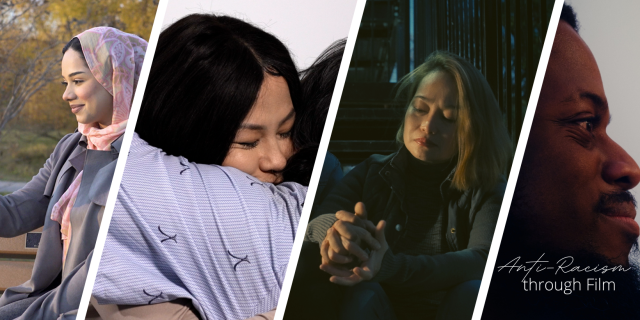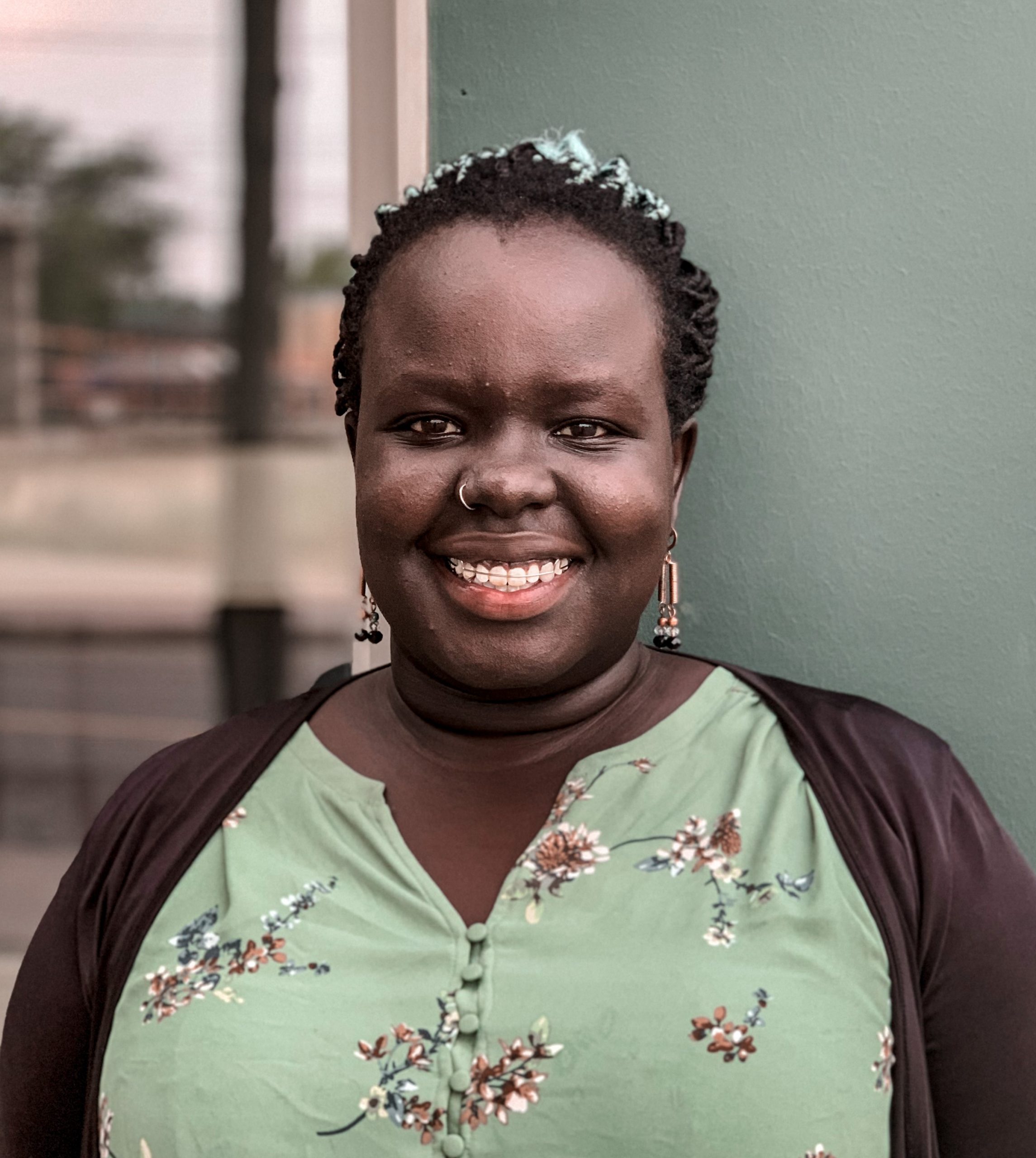
By
Michelle Lam, Stephanie Spence, Akech Mayuom, Denise Humphreys, Genevieve Maltais Lapointe, and Ayodeji Osiname
November 2023
Print Version
What you need to know
After a survey of 500 Manitobans regarding their opinions and experiences of racism, we found contradictions between the province’s high levels of racism and overall support for broad themes like diversity or multiculturalism, with key differences related to gender, ethnicity, age, and around who opted to remain ‘neutral.’ From the open-ended stories that people shared through the survey, we created four films, which we launched on social media. The films were viewed over half a million times, leading to engaged discussions in online comments. After analyzing this online data, we found that key tactics were undertaken to push back against difficult knowledge like racism, and we made suggestions for educators about how to diminish this defensiveness.
Why this research is important
Manitoba is a diverse province, and although racism research in Manitoba does exist, the research is usually focused on specific communities or systems. But racism is not limited to particular groups or places, and understanding the views of society broadly along with the experiences of individuals are both important. In addition to implications for social action, this research highlights discrepancies in words and actions, highlighting the ways racism impacts people in the province. Our goal was to examine how this racism shifts in response to the real-life stories of Manitobans and to illustrate that the patterns in this pushback can be used to counteract and educate.
How this research was conducted
This was a complex project involving online and phone surveys, scriptwriting, two rounds of focus groups, film creation, a film launch, the creation of a facilitation guide and toolkits of resources, and a social media comments analysis.
What the researchers found
The survey analysis revealed significant differences along gender, age, and ethnic origins for how people experienced racism, how they viewed multiculturalism and diversity, and how likely they were to choose ‘neutral’ as an answer. Indigenous women and women from other ethnic identities are more likely than Caucasian/white people, and more likely than men from similar backgrounds, to experience discrimination because of race, culture, or religion.
From the analysis of the films launched on social media, we found that pushback takes different forms, including hatred, defensiveness, stereotyping, fear-mongering, unsolicited explanations and advice, insults, and diminishment of suffering. However, there were significant interruptions of this pushback, including educating, sharing strategies for resilience, raising awareness, and sharing personal experiences.
How this research can be used
Learning to be actively anti-racist involves moving against the ‘flow’ of racism and white supremacy, which is observable in online spaces. Moving against the barrage of defensiveness, blame, fear, and harmful advice can be emotionally taxing and difficult. Yet, as the commenters on these films also showed, they can open up spaces for education, sharing experiences, interrupting hate, and creating awareness. This work is difficult and demanding, and care must be taken for those intentionally moving against the flow of racism, particularly in online spaces. These actions are powerful in resisting and interrupting racism. This knowledge can support educators in their efforts to proactively counter those maneuvers with further education, resources, and relationships.
Acknowledgements
Funding for this project was made possible through the Government of Canada.
About the Researchers
Keywords
- anti-racism
- arts-based research
- mixed methods
- racism
Publications Based on the Research
Lam, M., Spence, S., Mayuom, A., Humphreys, D., & Osiname, A. (2023). Diminishing defensiveness in anti-racist discourse: Common pushbacks to online anti-racism content and suggestions for strategic maneuvers. Equity in Education & Society, 1–13. https://doi.org/10.1177/27526461231206407
Lam, M., Humphreys, D., Maltais-Laponte, G., Mayuom, A., Spence, S. (2023). The realities of racism: Exploring attitudes in Manitoba, Canada. Journal of Intercultural Studies, 45(4). https://doi.org/10.1080/07256868.2023.2270927
Lam, M. (2023). Viral videos to combat viral vitriol: Methodological considerations for ethical engagement. International Journal of Qualitative Studies in Education. https://www.tandfonline.com/doi/full/10.1080/09518398.2023.2180551
Editor: Christiane Ramsey
Read more BU Research
Research at Brandon University follows comprehensive policies designed to safeguard ethics, to ensure academic integrity, to protect human and animal welfare and to prevent conflicts of interest.





